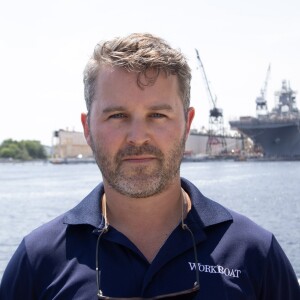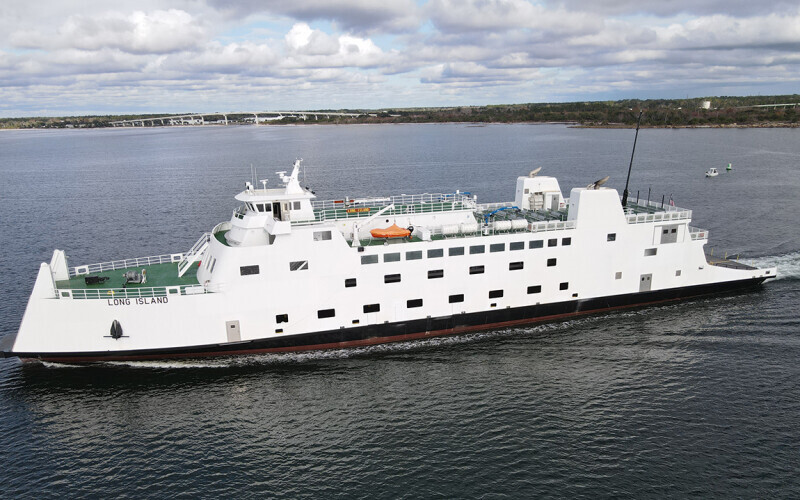When preparing to attend industry conferences, I typically begin by reviewing the agenda of educational sessions to identify topics that would be most relevant and informative for WorkBoat readers. My focus, I believe, differs from that of most attendees, who are likely more concerned with how industry updates impact their specific sector.
As I prepare for the Passenger Vessel Association’s (PVA) upcoming MariTrends conference, taking place Jan. 27-30 in Savannah, Ga., my approach remains the same. According to PVA’s website, the event focuses on supporting the economic well-being of U.S. passenger vessel operators and businesses, while emphasizing safety and security in maritime operations. There will undoubtedly be plenty of valuable information to report for the WorkBoat audience.
The session that most interests me is titled “The Future of Electrification Is Now,” which is sure to cover advancements in vessel electrification. While this topic feels both forward-thinking and somewhat over-discussed, I think PVA has done a good job assembling a panel with diverse expertise from across the industry.
The session will include operators managing San Francisco Bay Ferry’s electrification program, engineers involved in building a fully electric 150-passenger ferry, project managers from engine companies addressing the complexities of shipboard electrification, vessel operators discussing electric propulsion system integration, and representatives from electrification installation firms covering funding and regulatory challenges. The panel also offers regional diversity, with representatives hailing from New York City, Iowa, California and New Zealand.
As a shipyard reporter, I’m particularly interested in how yards are managing these newbuild programs while ensuring Jones Act compliance. Many components of electric propulsion systems are currently European-made, which presents a challenge given the 70/30 shipbuilding rule, which mandates that 70% of a U.S. vessel’s weight must come from American sources. Since a vessel’s power and propulsion system alone can account for about 20% of the build, there is limited room for other non-American components.
Next month, I’ll be writing WorkBoat’s vessel report on passenger vessels. Hopefully, by that time, I’ll be able to shed some light on this issue.




